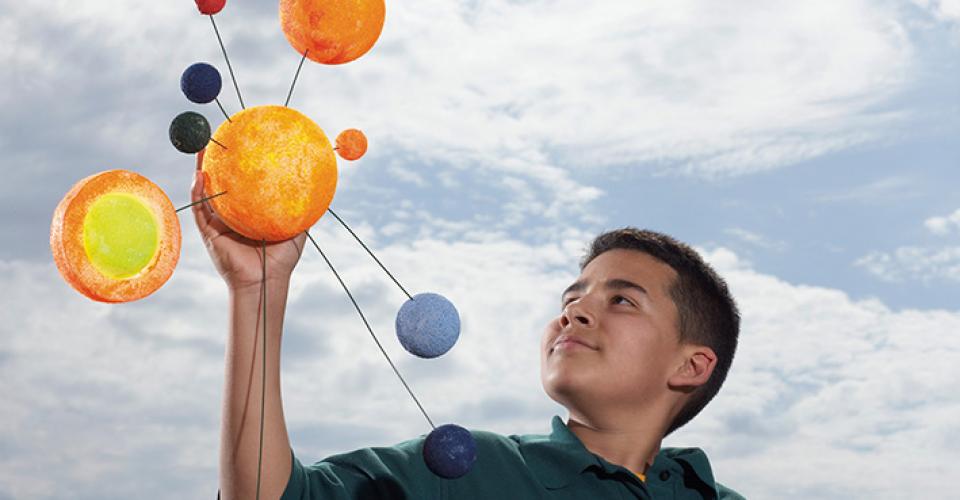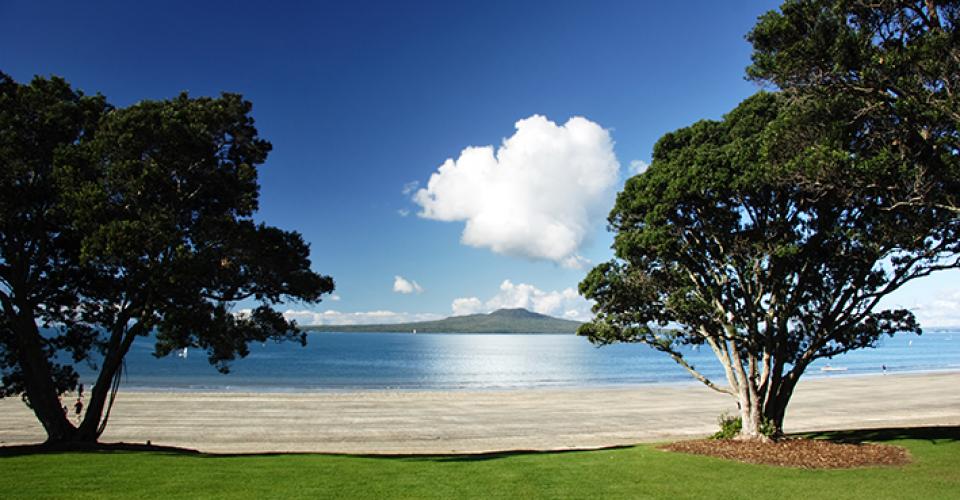Looking for Science Resources?
01/02/2018The Science Learning Hub: How can we help?
Writer: Rachel Douglas, Social Media Manager and content developer, www.sciencelearn.org.nz
You might know the Science Learning Hub as a website of educational resources – but did you know they’re also an online and responsive support organisation for educators?

The SLH is active on twitter, follow them for ideas, support and some fun and games!
Science is dynamic, collaborative and constantly evolving – what was a promising hypothesis last month, isn’t even in the game park this month. Therefore we, at the Science Learning Hub need to be just as responsive and dynamic. Yes, we’re engaging educators, scientists and other STEM practitioners to utilise and build our resources. We’re also about building authentic relationships between the science and education communities and supporting our audience/users with real time interactions. Social media has become an important tool for us to interact with community and to disseminate science and education information.
The channels we are presently active on are Twitter, Facebook, Pinterest and the Pond.
So what’s special about our social media use? Many of our interactions are standard stuff – but for us that ‘standard engagement’ is gold.
For example, a class found an unusual frog and tweets us, “what’s this frog we found in the Waitakeries” and within 24 hours our networks have not only identified the frog but noted said frog is in poor shape, should not be out and about at this time of year AND is likely ill. Many of us have these cool interactions every day within our social media channels. Importantly, these interactions become the starting point for a relationship between us and our users.
Some time back, we were ‘facebooked’ by Wilbur’s Mum. Young Wilbur and his classmates, at a small inland rural school, were perplexed by a shell fossil he’d found inland on a hill. What was this fossil about? Why was a shell on a hill, nowhere by an ocean?
Within a day we’d got Wilbur some answers to his burning questions, including an extensive email from GNS/Victoria University Palaeontologist. Going a step further, we curated some fossil resources for Wilbur and his school, in the Pond. And because we have the memory of elephants, 2 years later we reconnected by alerting Wilbur’s mum to a family fossil event in their area.

A collection of resources collated in the Pond for a young fossil hunter.
This is what we do, we connect people – schools, kids, teachers and scientists, those looking for answers, or seeking experts to visit or Skype with and teachers and students looking for ideas. We look for ways to deepen the connections. From curating content to posting information, PLD, resources and STEM based events and experiences.
In return our social media facilitates on-going active engagement with scientists we’ve featured on our site and organisations we work with from CRIs, universities, National Science Challenges, Participatory Science Platform projects, museums, research labs, schools and individual educators. It also allows us to mine some of the excellent third-party resources and ideas that you all have.
Third-party resources
We are not a precious silo - there is so much excellent stuff out there, and educators need resources, but we know you don’t have a lot of time to be trawling the net and trying to fit together a myriad of frequently contradictory materials to create a class plan or lesson.
Being active on social media means we are up to date with all the new resources (and old goodies) coming through. We assess and add these to our curated content on Pinterest or the Pond – or we add it to the ‘Additional links’ box that you’ll find at the end of many of our resources.
If you’ve found a resource valuable or have created an activity that went off in class, let us know - being able to repost and curate educator trialled and tested materials is a win for all of us working in STEM education.
Resource curation with Pond & Pinterest

The SLH on Pinterest. What resources would you like the SLH to collate for you?
We curate and collate resources on Pinterest and Pond. Both allow us to create boards of resources grouped by concepts and themes – from seasonal studies for each term, to science happening in particular regions, by science concept, curriculum thread, to gross science that will hook the kids in!
This allows us to be dynamic and responsive - we do curations of resources to support Conservation Week, Seaweek, our upcoming PLD webinars or we see something trending in the news. These curations don’t just exist only in ‘social media land’, we add links to these into the event listings and articles on our site so you can easily tap into related and third-party links.
Need a set of resources? On Pinterest or Pond? Just tweet, facebook or email us!
What exactly can our social media do for you?
If you want to reach an audience, source class materials, meet a STEM expert, target a particular group of experts or educators or promote a project or an event, we have the infrastructure in terms of a digital platform/website and active social media channels to do this for you. Most importantly we have dedicated time set aside to do this work.
Are you looking for experts or scientists to seek advice from or to organise a Skype or school visit? We have broad networks and they really do want to help – to date we have always been able to find a connection when asked – thanks in the most part to the remarkable generosity of the STEM community.
As a resource repository and content creator we cannot be static, we need immediacy, we need to be actively reaching out and engaging with the community we’re a part of. Social media, professional development, collaborations and whanaunatanga – relationships - are central to what we do. So, call us, email, tweet, Facebook message – we really are here to help.
References
Twitter: @NZScienceLearn
Pinterest: pinterest.com/nzsciencelearn
Facebook: https://www.facebook.com/nzsciencelearn
Pond: www.pond.co.nz
























